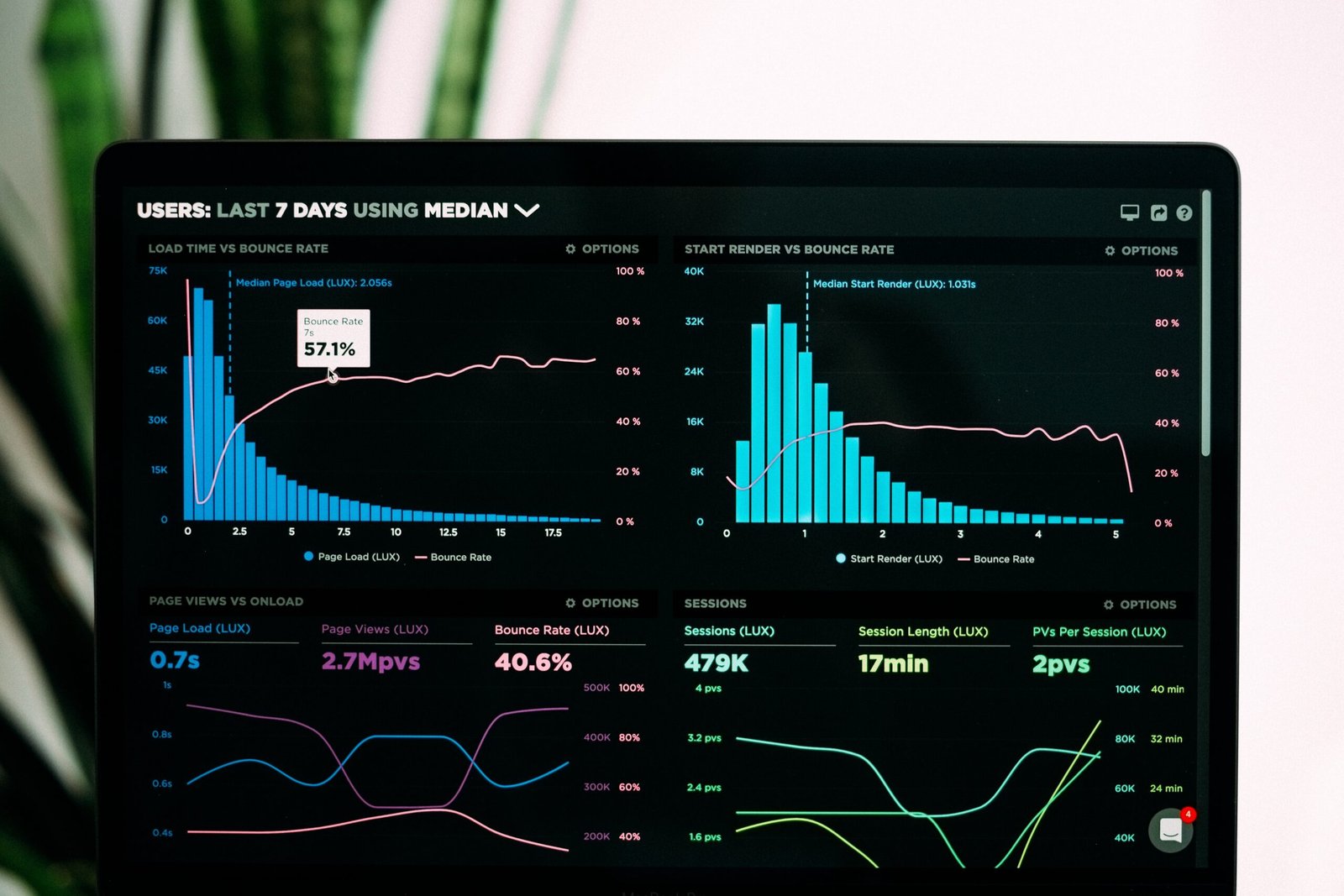In today’s fast-paced digital world, website speed has become a crucial factor for both user experience and search engine optimization (SEO). A slow website not only frustrates visitors but can also negatively impact your SEO rankings. Let’s explore how website speed influences SEO and why it’s important to prioritize a fast-loading website.
Firstly, search engines like Google consider website speed as one of the ranking factors. When a search engine crawls your website, it takes into account various aspects, including how quickly your pages load. A slow website can result in a higher bounce rate, where visitors leave your site before it even fully loads. This signals to search engines that your website may not be providing a positive user experience, leading to lower rankings.
Secondly, website speed affects user engagement and satisfaction. Studies have shown that internet users have increasingly shorter attention spans, and they expect websites to load quickly. If your website takes too long to load, visitors are more likely to abandon it and look for alternatives. This can lead to a decrease in organic traffic and conversions, impacting your SEO efforts.
Furthermore, a slow website can also affect your website’s crawlability. Search engine bots have a limited amount of time to crawl and index your web pages. If your website is slow, it may take longer for these bots to crawl through your content, resulting in incomplete indexing and potentially missed opportunities for ranking.
To ensure a fast website and improve SEO rankings, consider optimizing your website’s performance. Some strategies include optimizing images, minifying code, leveraging browser caching, and using a content delivery network (CDN) to distribute your website’s content across multiple servers.
In conclusion, a slow website can indeed affect your SEO rankings. Prioritizing website speed not only enhances user experience but also signals to search engines that your website is reliable and valuable. By optimizing your website’s performance, you can improve your chances of ranking higher in search engine results pages and attracting more organic traffic.
